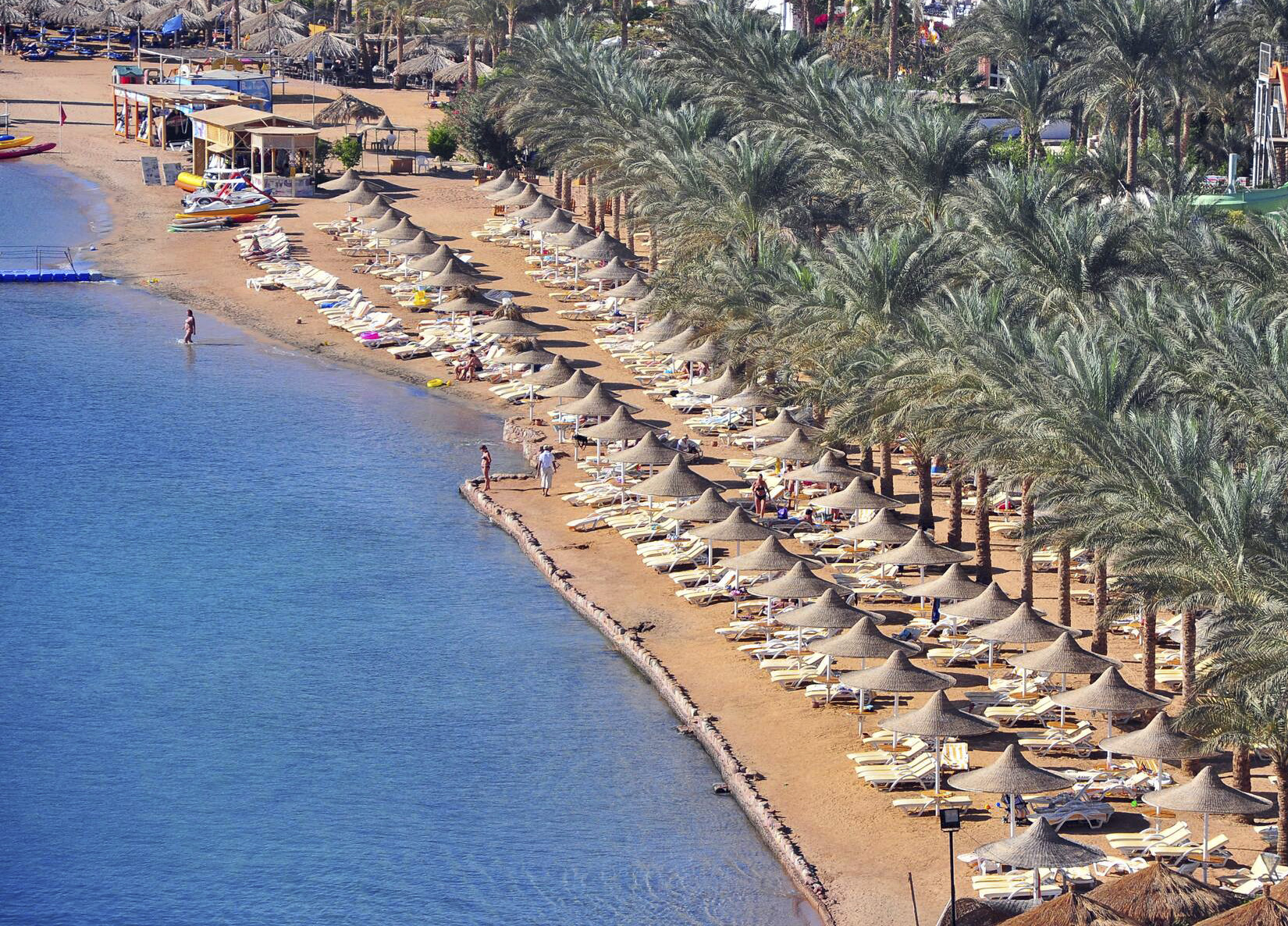Landscaping projects have become an essential part of the real estate market because of what they add to the market value of properties.
Indeed many companies have begun to highlight landscaping in their promotional efforts, especially in tourist villages and housing compounds.
Landscaping projects are diverse in quality and vary based on the type and rarity of foliage as well as their use of earthworks, waterfalls, and fountains.
Landscaping has developed to the extent that marketing some villas, housing compounds, and resorts completely depends on the quality of landscaping and the amount of open green space on the properties.
In Egypt, there are no less than 20 companies that specialise in indoor and outdoor landscaping.
The cost of landscaping starts at approximately EGP 30,000 and reaches upwards of hundreds of thousands of Egyptian pounds depending on the type and quality of flowers, waterfalls, fountains, pergolas, antique decorations, and irrigation systems demanded by the customer.
Some landscaping experts estimate that a well designed garden will raise the value of any property by at least 20%.
Other experts disagree, saying that landscaping cannot raise the value of a property by more than 5%, adding that real estate appraisers take other more important factors into account before looking at the number of trees in the garden.
Other more important factors include the total area of the property as well the number and quality of buildings.
Other experts respond that quality landscaping makes the property more marketable and increases demand, giving the property owner more leverage in negotiations.
Maged Marei, owner of the Green Touch landscaping company, said that the art of landscape design was divided into two types, hard and soft.
Soft landscaping deals with greenery such as grasses, trees, cacti, palms, and others.
Hard landscaping includes earthworks, waterfalls, and lighting, as well as other features such as pergolas, music, and the use of imitation archeological ruins, antiques, and other decorations.
Walid Souleiman, owner of the Nurseries Company for Landscape Contracting, noted that landscaping companies have experienced a 50% decrease in business because of the difficult economic conditions in Egypt and the lack of new investments as a result of the breakdown in security.
Karim Tawiq, owner of Better Homes, explained that landscaping makes a significant difference in valuating resorts and villas.
He said the villas that include green spaces and look out onto golf courses have a higher value than ones that don’t. He added that often a compound will include common green spaces and swimming pools shared by a number of housing units.
Ahmed El-Shaer, director of the company ERA, pointed out that landscaping helps to market a property but that it does not increase its value, as appraisers take other factors into account when evaluating a property.
He said that property owners can increase the value of their holdings by increasing livable areas, adding buildings, and improving the quality of existing structures with such features as heat insulation.
He added that there are no agreed-upon standards for factoring landscaping into property appraisals and that property owners may spend up to EGP 300,000 on landscaping without seeing any increase in the value of the property.
He noted that banks refuse to offer loans for landscaping because it does not add to property value, unlike building or improving structures.
Dr. Maged El-Azim, real estate expert with EDAR, disagreed, saying “Quality landscaping increases the value of a property and the more green space there is, the more the property goes up in value.
Landscaping can raise the value of a property between 10% and 20% especially if the property contains large garden spaces.”
Medhat Salem, the CEO of a landscaping company, said that companies are looking forward to the return of real estate investment, especially since real estate development accounts for 90% of landscaping companies’ business.
He noted that landscaping companies experienced hardship recently and many companies lost 50% of their business.
He attributed the problems to the slowdown in new construction projects, especially housing compounds and
tourist villages, in addition the lack of liquidity.





